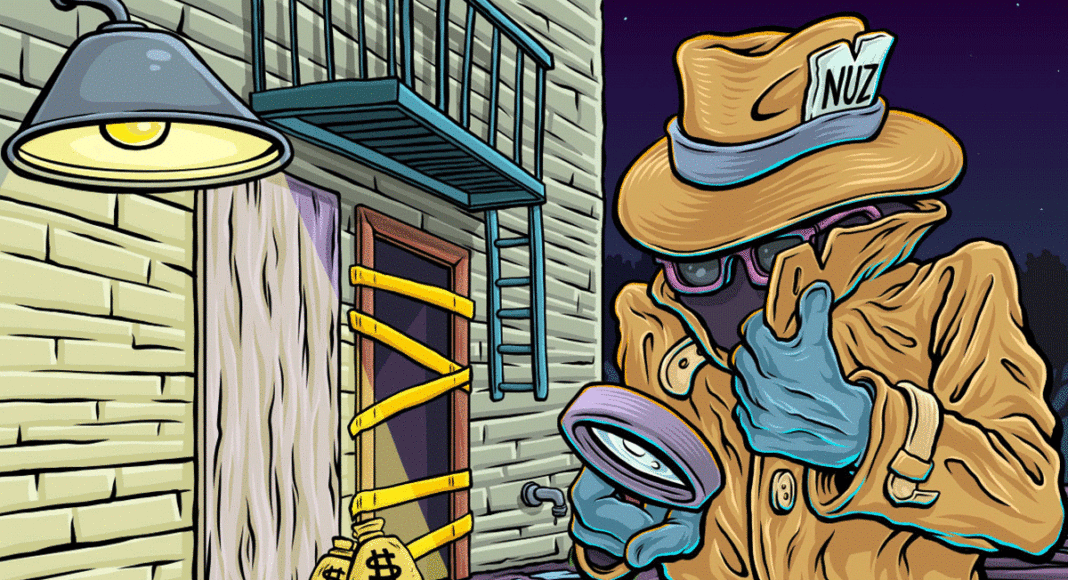Darios Escobar Lainez paid to bring his 19-year-old daughter María Senaida Escobar Cerritos from El Salvador to live with him in Santa Cruz, as detailed in a Washington Post story earlier this summer. She was shot dead by Mexican police before she reached the U.S. border.
Escobar Cerritos chose to return to El Salvador to bury his daughter, even though he knew that he would likely not be allowed to return to the U.S., despite his Temporary Protected Status.
After speaking with the Post, Escobar Cerritos has declined to talk further about the tragedy.
But Watsonville resident Edenilson Quintanilla, a one-time refugee from El Salvador, tells Nuz, “It’s a very common story. Usually, it doesn’t end tragically like this.” He generally blames the U.S. policy of putting intense pressure on Mexico—going back well before President Donald Trump took office—to curb the flow of Central Americans into the U.S.
Quintanilla remembers in the early 1980s, when his family was traveling to the U.S. border. His mother was on a bus with her 8-year-old son, Quintanilla’s younger brother, when police pulled her off and dragged her across a public square. Authorities arrested both Quintanilla’s mom and his brother and threw them in jail, where they remained for a full month before being released and reunited.
Quintanilla’s mom, he says, still has emotional scars from the ordeal. “She was torn apart in many different ways,” he says.














